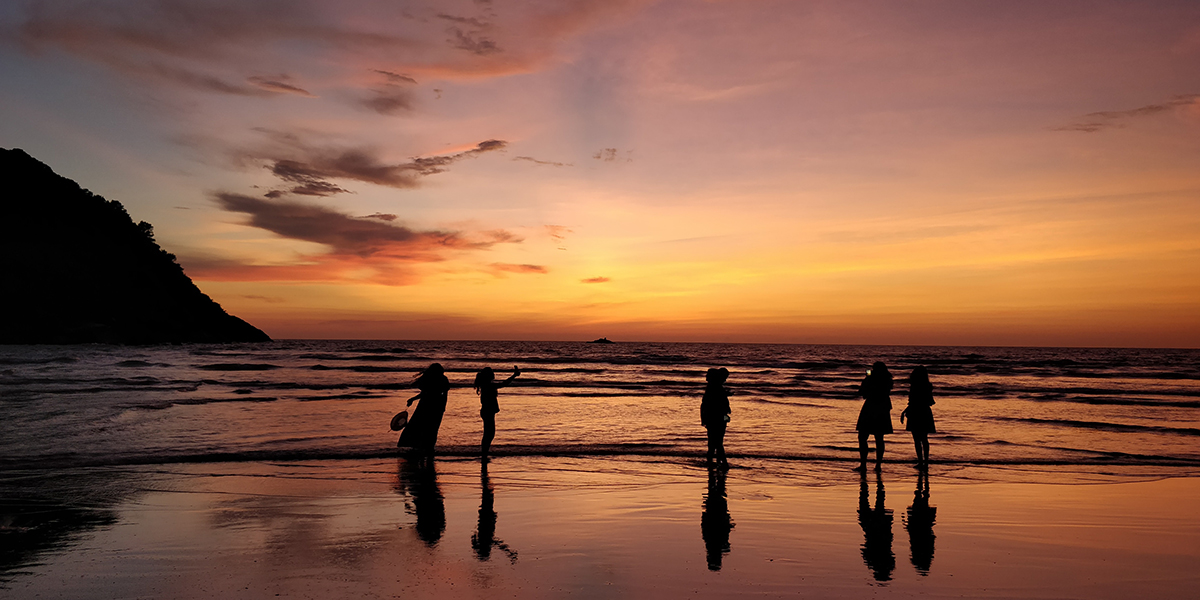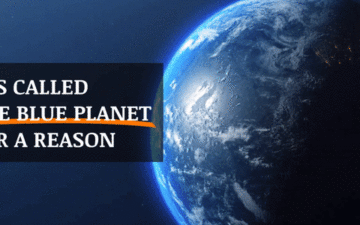As the disruptions caused by the response to COVID-19 continue, communities are struggling at almost every level even as acts of kindness and support offer comfort and humor. We mourn the dead, and feel for those for whom the most basic of rituals and special occasions, from religious services to graduations, are not to be observed in the ways we would not even have thought twice about a year ago. We are grateful to those who must make the decision every day to go to work and place themselves (and their families) at risk through their shifts in grocery stores, pharmacies, medical facilities, and other venues. We want to comfort those who’ve lost family and property in the terrible storms that have destroyed communities both in the U.S. and in the western Pacific— even as the response is affected by COVID-19 protocols. We are aware that fundamental racial, societal, and medical inequities have been more broadly exposed, and must themselves be addressed more aggressively.
We are also deeply aware that these past few months, and the weeks and months ahead, offer a learning opportunity to chart a path that is proactive rather than reactive, that anticipates and prepares to the extent practicable for future changes to our daily lives: Strategies for improving access to testing, monitoring, treatment, and the protective gear and equipment everyone needs in health emergencies; The importance of clean, reliable water supplies; and ensuring that our fundamental life support systems are as healthy as we can make them. The quality of the air we breathe, as we knew, can be the underlying determinant of how well individuals tolerate respiratory ailments, including COVID-19— a fundamental issue of equity and justice.
The ocean provides us with oxygen— a priceless service— and that capacity must be defended for life as we know it to survive. Obviously, restoring a healthy and abundant ocean is a necessity, it is not optional—we cannot do without the ocean’s eco-system services and economic benefits. Climate change and greenhouse gas emissions are already disrupting the ocean’s ability to temper extreme weather and support traditional precipitation patterns on which we have designed our systems. Ocean acidification threatens oxygen production as well.
Changes in how we live, work and play are embedded in the effects we are already seeing from climate change— perhaps less starkly and abruptly than the necessary distancing and profound loss we are now experiencing, but change has already been underway. To address climate change, there must be some fundamental changes in how we live, work and play. And, in some ways, the pandemic has offered some lessons— even very hard lessons— about preparedness and planned resilience. And some new evidence underpinning the importance of safeguarding our life support systems — air, water, the ocean— for greater equity, for greater security, and for abundance.
As societies emerge from the shutdown and work to restart economic activities that stopped so abruptly, we must be thinking ahead. We must plan for change. We can prepare for change and disruption by knowing that our public health system must be robust— from pollution prevention to protective gear to distribution systems. We cannot prevent tornados, but we can help communities respond to the destruction. We cannot prevent epidemics, but we can prevent them from becoming pandemics. We must protect the most vulnerable— communities, resources, and habitats— even as we seek to adapt to new rituals, behaviors, and strategies for the good of us all.







